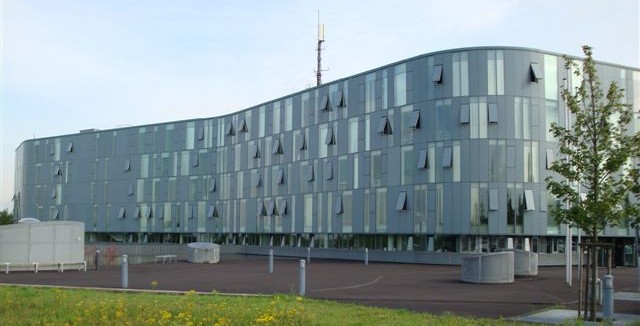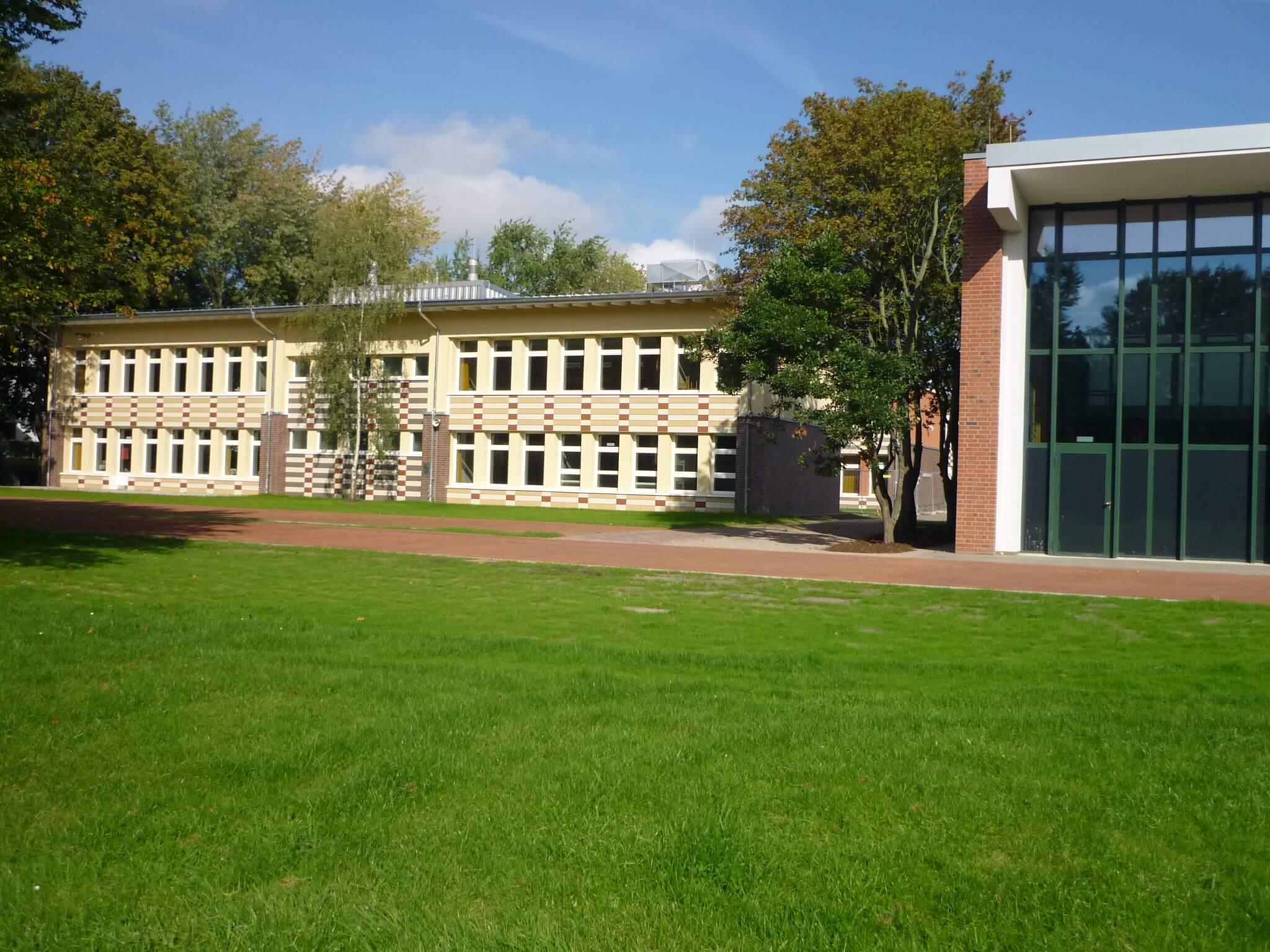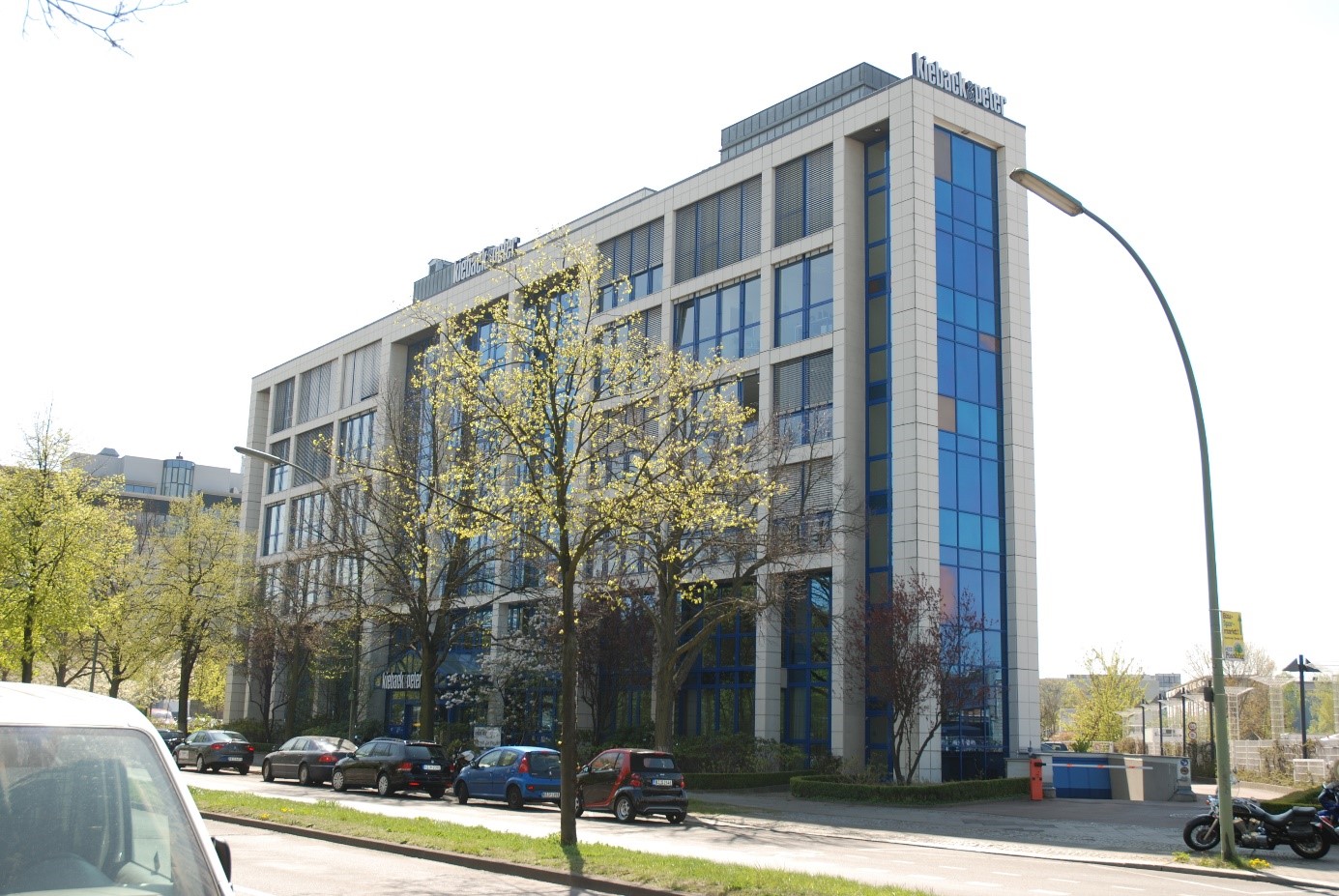| Duration: | September 2013 - August 2018 |
| Contracting Authority/ Sponsors: | German Federal Ministry of Economic Affairs and Energy (BMWi) |
| Project Partners: | University of Applied Sciences (HAW), PLENUM Ingenieurgesellschaft für Planung Energie Umwelt mbH, Kieback&Peter GmbH & Co. KG, IngSoft GmbH |
| Project Focus: |
OBSERVE – Optimization and Operational Management of Complex Building Energy Supply Systems



In the collaborative “OBSERVE” project, the methods developed in the “ModBen” and “ModQS” for monitoring and optimization of the energetic operation of heating systems will be extended and applied to other facilities systems. “ModBen” and “ModQS” indicated paths for a paradigm shift in the design of facilities systems towards model-based methods. Complex facilities systems are often unique. They are custom planned, realized, and are operated differently. For this reason, the corresponding models differ from case to case. To enable the practical use of model-based methods, a high degree of systematization and high tool robustness are required to support building operators and facility managers efficiently and reliably in the operational management of buildings.
“OBSERVE” should answer the following questions:
- How can the methods consider the particularities of building services?
- How are uncertainties and faults considered in the models?
- How can the concepts be extended for distributed systems (controller networks)?
- How can different operating simulation tools be coupled practically?
With the extension of the recorded data beyond the usual standard, with respect to the number of recorded parameters as well as temporal resolution, it is possible to capture the operating behavior sufficiently accurately to carry out a subsequent simulation. Using suitable processing of the model-based and data analysis from building automation systems, building operators are in measure to receive a clear information on the quality of the energy operation of their system and to trigger targeted corrective actions in case of deviations of faults. The modeling objective will consider a realistic mapping of any uncertain boundary conditions like weather of occupancy affecting the building operation. This is required to identify improved operating strategies in real operation and to realize reliable error detection. Models play a central role in the project, as they will be used for controller design, fault detection, and optimization purposes. The involvement of the company Kieback&Peter - manufacturer of building automation and control systems- should promote the practical implementation of the methods and results in building automation systems.